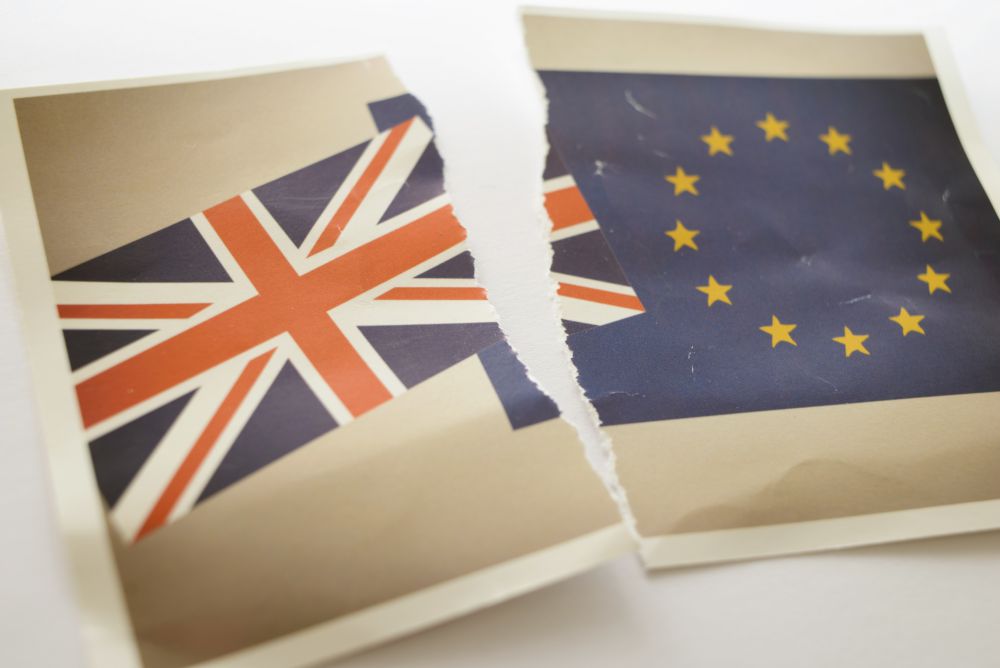
The Brexit Hangover

If you’re looking for the silver lining in Britain’s stunning vote to leave the European Union, it might be a long and frustrating search. The Brexit vote could generate ripples of trouble from the U.K., to the U.S. and the rest of the world for years to come, a UC Santa Barbara scholar said.
Benjamin J. Cohen, the Louis G. Lancaster Professor of International Political Economy in the Department of Political Science, said economic hard times and political instability are a near certainty if indeed the U.K. follows through and bids adieu to the EU. Politically, the damage could start at home and spread to a weakened and roiled Europe, he noted.
“One, the U.K. may break up,” Cohen explained. “The Scottish leader has already said that she will now seek another independence referendum. Two, the postwar era, with its reliance on the EU to keep peace in Europe, is now over. The idea of European integration (a federal Europe?) is soooo 20th century. Increasingly, Europe will be ripped apart by the rise of nationalist populists like Marine Le Pen in France, the European version of Donald Trump.”
Economically, Cohen said, recession is highly probable for both Britain and Europe as investment slows down over uncertainty about the U.K.’s future — especially what terms it can negotiate with a chagrined EU. The U.S., Europe’s biggest trading partner, will suffer as well, he noted.
“Brexit will affect our economy mainly through the channel of trade,” Cohen said. “Britain and the EU will probably go into recession (certainly they will grow more slowly), and that will hurt our exports. And the pound and euro can be expected to depreciate, making both our exports and import competing production less competitive. The effect on us will not necessarily be large (probably less than 1 percent of GDP) but it will definitely be negative.”
Europe’s troubles don’t end with economic anemia, Cohen noted. By losing one of its biggest members, the rest of the EU is diminished — especially Germany and France, which are now bigger fish in a smaller pond. “And it could get worse if others (Denmark? Sweden?) decide to follow Britain’s lead,” he said. Struggling countries like Portugal and Greece are unlikely to exit, he observed, because they “still need all the help they can get.”
Given the gloom and doom, is there anything positive that could come from the Brexit? “It depends on what you mean by positive,” Cohen said. “I personally see nothing positive. The only real beneficiary is Vladimir Putin, who will be able to take advantage of a weaker and divided Europe.”



